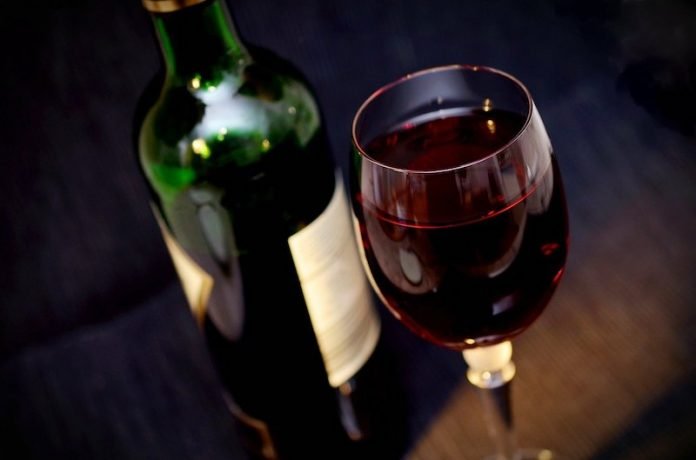
In a new study, researchers found that people who consume wine moderately appear less likely to develop cataracts that require surgery.
Wine consumption showed the strongest protective effect, suggesting that antioxidants that are abundant in red wine may play a role in cataract prevention.
However, people who drank daily or nearly daily had about a 6% higher risk of cataract surgery compared with people who consumed alcohol moderately.
The research was conducted by a team at Moorfields Eye Hospital NHS Foundation Trust and elsewhere.
A cataract is a clouding of the eye’s normally clear lens. Most cataracts develop slowly and don’t affect vision early on. But over time, cataracts eventually make it more difficult to read, drive a car or see people’s faces.
An ophthalmologist surgically removes the cloudy lens and replaces it with an artificial lens.
Cataract surgery is the most effective and most common procedure performed in all of medicine with some 3 million Americans choosing to have cataract surgery each year.
This study, the largest of its kind, tracked 490,000 volunteers in the UK.
The researchers found that people who consumed about 6.5 standard glasses of wine per week (which is within the current guidelines for safe alcohol intake in both the US and UK) were less likely to undergo cataract surgery.
Wine drinkers benefited the most compared with those who abstained and those who drank other types of alcohol, showing a 23% reduction in cataract surgery in one study group and a 14% reduction in the other study group.
Compared to people who drank 1-3 times or less per month, those who drank 1-2 times and 3-4 times per week had a 7% and 6% lower risk of cataract surgery.
Compared to participants who consumed alcohol 1-2 times per week or 3-4 times per week, those who drank daily or almost daily had a 6% and 5% higher risk of cataract surgery.
The team also found that moderate drinkers compared with participants who abstained:
Red wine: 14% lower risk
White wine/champagne: 10% lower risk
Beer and spirits: 13% and 14% lower risk; however, daily or near-daily consumers of beer and spirits saw no reduction in risk.
The study’s findings are consistent with what is already suggested about the health benefits of red wine and with previous studies that found diets rich in antioxidants may prevent the onset of cataracts.
Grape skin is loaded with healthful antioxidants, resveratrol, and flavonoids. These powerful plant compounds and antioxidants are found in higher concentrations in red wine than in white. And both red and white wine have more than beer.
The study is published in Ophthalmology. One author of the study is Anthony P. Khawaja, M.D.
Copyright © 2021 Knowridge Science Report. All rights reserved.



